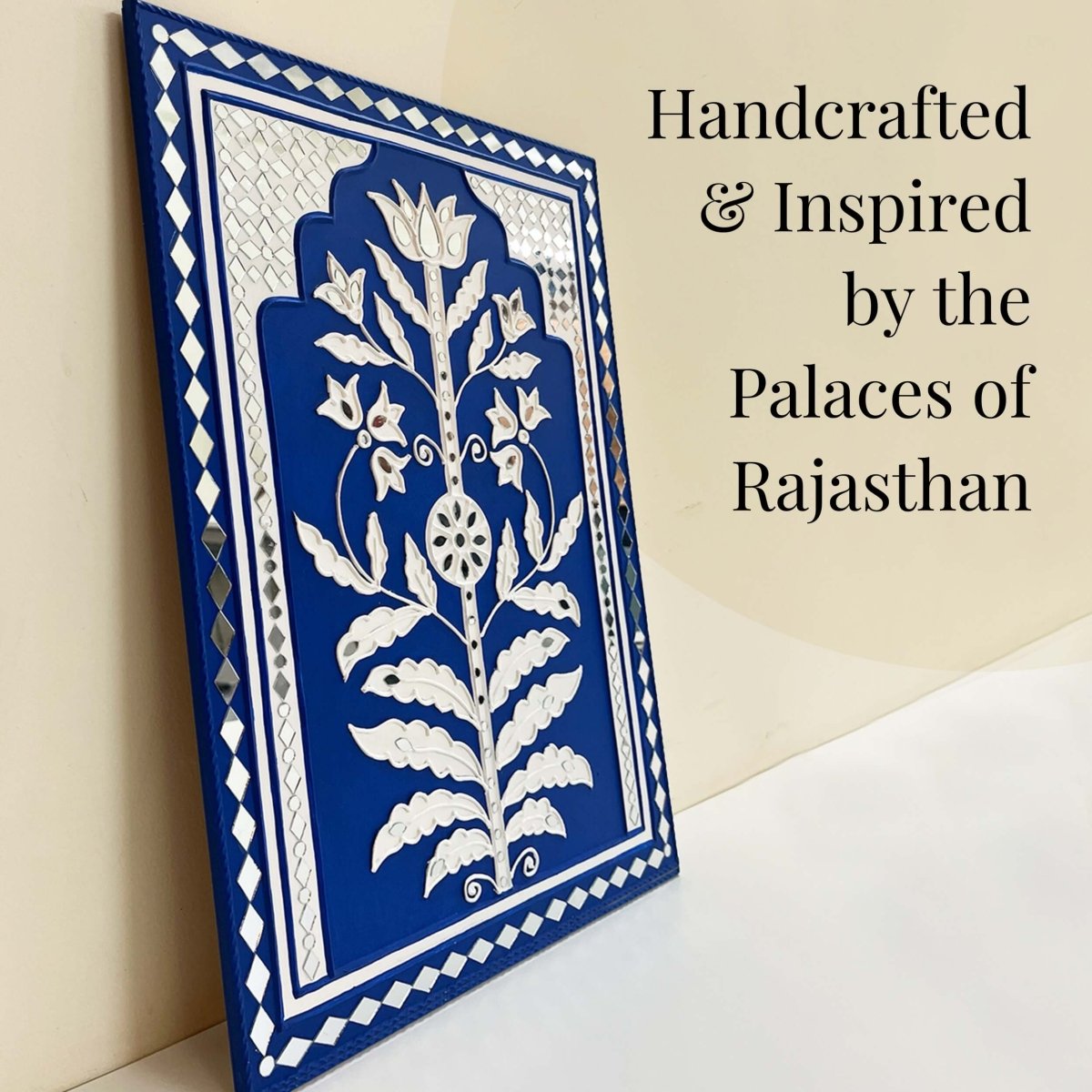Bhaskar Tarkhadkar: ‘A Hindoo’ Who Called Out The British
BOOKMARK
In 1841, the British community in Bombay was in a twist. Between 30th July and 27th November that year, a series of eight letters was published in TheBombay Gazette, then the most influential newspaper in the city.
In these letters, the columnist under the pen name ‘A Hindoo’ wrote a scathing critique of British colonial rule in India, claiming that “it was the most bitter curse India has even been visitedwith”. In these letters, the writer also proposed the “drain of wealth” from India to Britain, almost 26 years before Dadabhai Naoroji did. Readers were wonderstruck at the logic, language, style and thoughts articulated by the ‘Hindoo’ and his powerful anti-British tirade.
The British reaction was swift and there was a clampdown on the newspaper. And the ‘Hindoo’ would be forgotten before these letters were rediscovered by Mumbai-based historian J V Naik in the 1970s and whose research would throw new light on the early resistance by educated Indians to colonial rule.
The ‘Hindoo’ in question was a man named Bhaskar Tarkhadkar (1816 -1847). Born in Bombay in 1816, Tarkhadkar belonged to a renowned family. His brothers, Pandurang (seen on the cover photo) and Atmaram, were scholars and enjoyed a good reputation in Maharashtra. The former was a grammarian of the Marathi language and the latter was the founder of the Prathana Samaj.
Tarkhadkar had his early education in Girgaum, a neighbourhood in Bombay. He initially enrolled in a Marathi-medium school but transferred to an English-medium school. He continued to study the English language, acquired a good command over it and read the liberal ideas of the Europeans. Like his contemporaries, the more he read the liberal ideas of the West, the more critical he became of the British East India Company’s rule in India.
Birth of Intellectuals
It is important to contextualise Tarkhadkar and his views. At the beginning of the 19th century, the East India Company had introduced Western education in cities such as Calcutta, Bombay and Madras. Influenced by Western ideas, a new generation of Indian intellectuals emerged in these cities and they went on to lead social reform and a cultural renaissance.
It is no surprise that Tarkhadkar studied at the Elphinstone Institution (later Elphinstone College), where his younger contemporary Dadabhai Naoroji also studied. As Naoroji would later recall in 1867, “More than 20 years ago, a small band of Hindu students and thoughtful gentlemen would secretly meet to discuss the impact of British rule in India.”
There was a context to this too. In the 1830s, there had been a series of famines as well as an economic recession in India. In 1838, the East India Company had embarked on a misadventure in Afghanistan. Lord Dalhousie was also implementing the ‘Doctrine of Lapse’, through which numerous kingdoms were annexed due to a ‘lack of heirs’. At the same time, the British had launched the Opium War against China (1839-1842).
Overall, these developments created a climate of discontent among Indians.
– For a short period in 1841, The Bombay Gazette was headed by a pro-Indian editor, Dr George Buist. He called upon readers to share their opinions on British rule.
This was followed by a series of letters from Bhaskar Tarkhadkar under the pen name ‘A Hindoo’.
A Comparative Study
In his well-researched letters, Tarkhadkar compared the imperialists in medieval India and with British rule. After a comparative study of imperialism, he pointed out that whereas other conquerors followed a policy of association and assimilation towards the conquered people, the British kept themselves aloof from their native brethren. Further, they behaved with “haughtiness and pride “.
Tarkhadkar, to a certain extent, praised Muslim rule in India and felt it was better than British rule. First, the Muslim rulers had not made much of a distinction between their co-religionists and other native talents in matters of state employment, he pointed out.
On the other hand, the British did and they did not trust Indians. For example, Lord Cornwallis asserted, “Every native Hindustan I believe is corrupt.“ This led to master-servant and governor-and-governed relations in India.
Moreover, Tarkhadkar said that the Muslim rulers in India had never carried the treasures of India to their countries of origin. But the British did it “at the sad expense of the prosperity and happiness of the poor and inoffensive of inhabitants”.
Tarkhadkar attacked the destruction of the Maratha confederacy in 1818 and the establishment of British dominance in Maharashtra. He attributed it to their craftiness and politics of “divide and rule”. He was also highly critical of the British deposing the Raja of Satara.
Tarkhadkar was scathing in his criticism of Company rule in India. He vehemently declared “so great an Empire of being given in monopoly to a body of voracious merchants”. He did not hold back in attacking the Board of Control (a body appointed by the British Parliament) and the Board of Directors of the East India Company. He referred to the Board of Control as the “court of Board of submission” and the Board of Directors as “the court of obeyers”. He sarcastically rebuked the British Parliament for their “callously indifferent attitude towards Indian problems”.
‘Infernal Demons’
Growing more and more scathing, Tarkhadkar called the British a “race of infernal demons”. He wrote, “Your hearts are as black as your skins are white and your souls are impure in proportion with the cleanliness of your outward appearance.”
Tarkhadkar was the first to explain the ‘Drain of Wealth’ of India long before Dadabhai Naoroji wrote Poverty and Un-British RuleIn India, which was published in 1901. About half a century earlier, Tarkhadkar explained the Drain of Wealth theory as follows: “Above all, nothing has drained India so much of its wealth as by your trade – all the raw materials produced in the country should be sent to England for manufacturing them into articles and be brought back here for sale.”
– He dubbed the British as “ungrateful wretches, and declared, “You are powerful from India and India you have ruined.”
He objected to the appointment of Law Commissions comprising a few Englishmen who knew little or nothing of India, for framing laws and regulations for the Indian people. Non-inclusion of Indians in law-making bodies, he said, had resulted in passing “many of the impolitic and treacherous acts of oppression”. “These included stamp paper fee and newly established heavy duty on salt “. He called the functioning of the British judiciary in India “pure humbug”.
Tarkhadkar was against the British historiographer of India, particularly James Mill, whose work History of British India was published in 1818. He called it unscientific, biased and prejudiced in the highest degree. According to him, Mill’s account of the Hindus’ life and culture is “nothing but perverse”. “He was a so-called historian who had never visited even the distant shores of the country. His history in general forms the subject of his own creation.”
Denouncing the foreign policy of the British in India, Tarkhadkar vehemently condemned the unabashed wars of the British against China in 1838-1842 and the First Afghan War almost in the same period. He called these wars “unlawful, unjust and unscrupulous”. All these wars were fought with Indian money, he pointed out in his letters.
Following an uproar, Dr George Buist, the pro-Indian editor of The Bombay Gazette, was forced to resign. Tarkhadkar died six years later and his works were forgotten. Amazingly, many of the ideals he espoused would be picked up by his younger contemporaries like Dadabhai Naoroji and Bal Gangadhar Tilak, who had read his letters as young men.
Courtesy to Dr J V Naik









